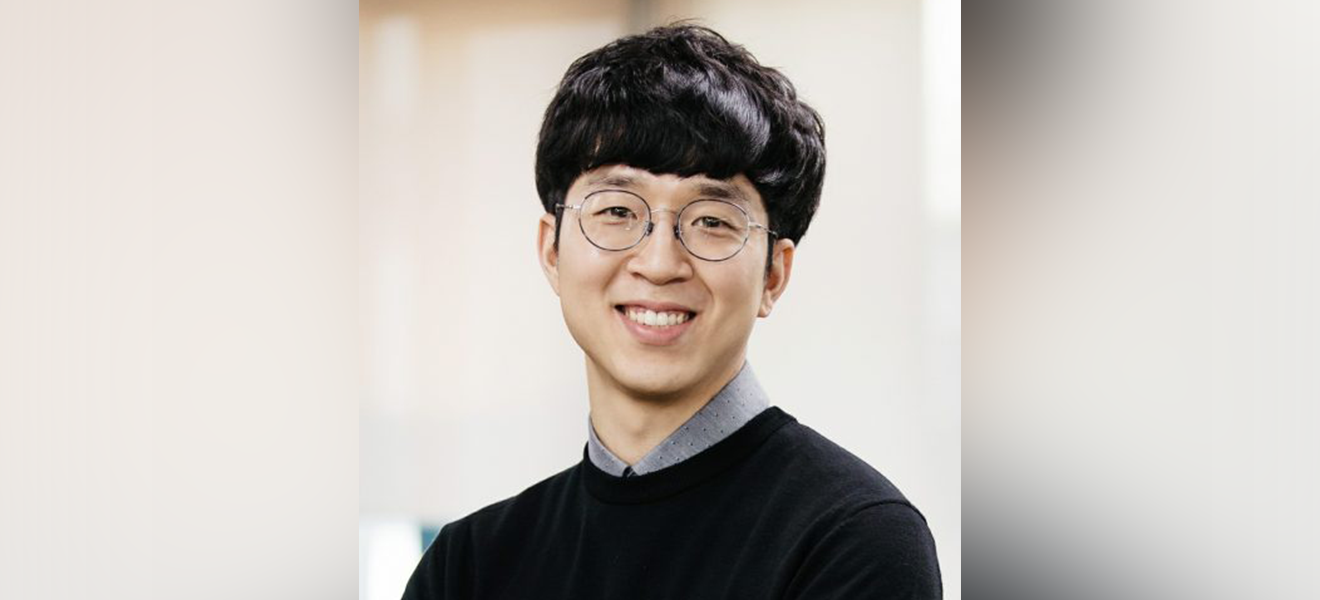It’s a tale as old as the industrial revolution – the rivalry between machines and human labor. Since automation made its grand debut as early as 1760s, the topic of machines replacing human beings has been relevant among workers and researchers alike. With the development of self-driving cars, delivery drones and other automation in the past few years, the buzz around this concept has only increased.
However, Dr. Jiyong Park, an assistant professor of information systems at the UNC Greensboro Bryan School of Business and Economics, debunks the myths that machines are replacing human labor in the workforce in his recently published research, “A Data-Driven Exploration of the Race Between Human Labor and Machines in the 21st Century.”
Park, who has been at UNCG since 2019, said he chose the topic of human labor and automation after becoming interested in how technology changes our daily lives.
“With this research on job automations and my research in general, I’ve ultimately been studying how to leverage information technologies for promoting social and environmental sustainability,” he said.
By analyzing tech automation data and occupational growth from the years 2008 through 2020, Park confirmed that while certain tasks may be automated, labor demand isn’t necessarily that cut and dry.
“The key point we’d like to emphasize is that technological advances do not always decrease labor demand,” Park said. “We find that the increase in automation decreases the labor demand for certain tasks, but increases it for others.”
For example, the task of driving a vehicle may become automated, but human labor is still required to build and maintain those self-driving machines.
“I found that people worry about the idea of technology replacing their job, but there’s little empirical evidence to support that,” said Park.
Park co-authored this research with Jongho Kim, a doctoral student at Cornell University. It was published in Communications of the Association for Computing Machinery in May 2022. The duo began their research in 2016, but consistently had to re-measure the degree of automation as it increased through the year 2020 – a wrinkle in the research that Park seems to welcome.
“Good thing we had updated our research for years, as we realized that the degree of automation for each task has evolved over time. I believe that this idea and methodology became stronger and more clear through the research over time,” Park said.
Check out the full paper here.




